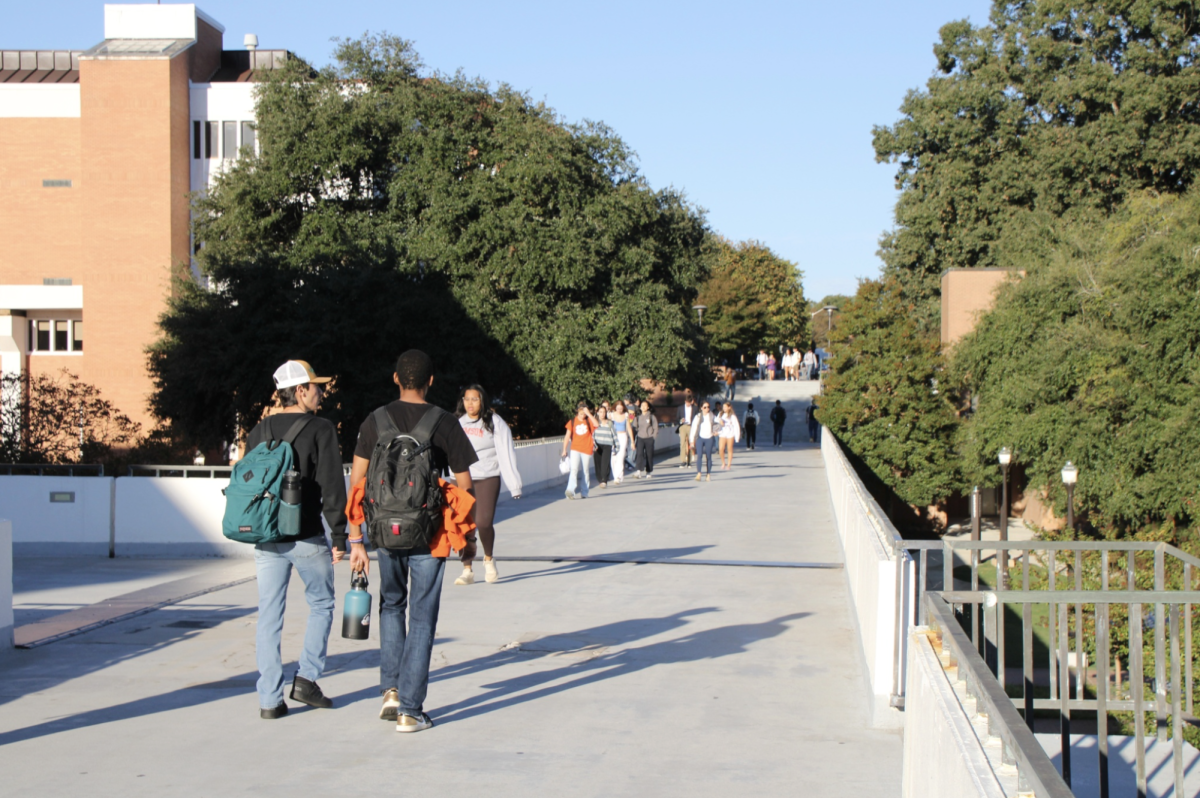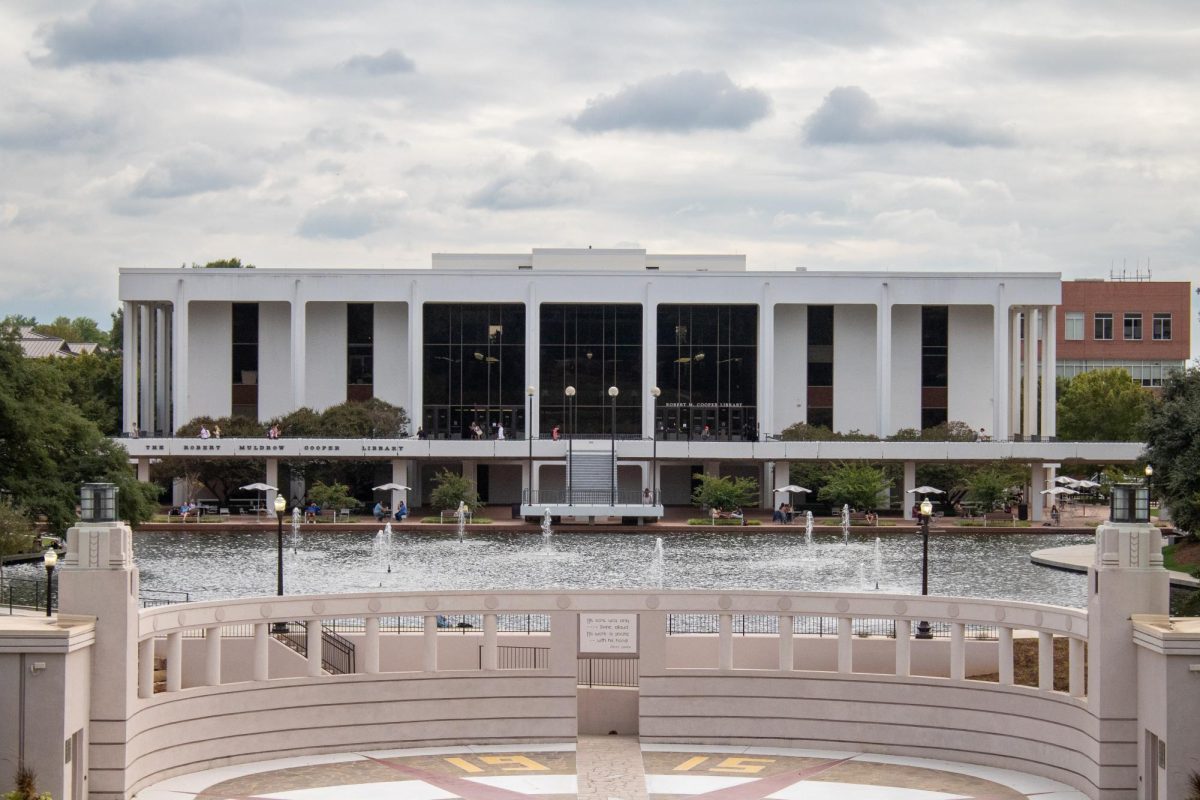Last issue, the news section covered a recent initiative which would charge graduate students an $85 fee to help cover library costs. This initiative comes at the behest of the library staff who cite competing university’s library funding as cause to increase their collections budget, which is used heavily by graduate students.
On the other hand, some students are upset by the prospect of being forced to pay for a service they believed was included in tuition.
I understand both sides of this conflict but at the end of the day; I believe the librarians are right.
For one thing, 40 percent of the library’s services are used by grad students, who comprise only 18 percent of the students enrolled at Clemson. Undergraduates are already charged the library fee, so it would be reasonable to charge the grad students double the amount undergrads are charged in order to account for their greater usage.
Furthermore, the library is underfunded. Not only in comparison to peer institutions, but with respect to those we aim towards. If Clemson aims to propel itself into the top ten public institutions, it has to invest in the resources available to its undergraduate and graduate students in the libraries.
I, among many, would like to see Cooper Library improved. The building is old, the seating is too scarce, and you could double the outlets and still not have enough for all the laptops in the building. These improvements cannot be made until the collections of the library are addressed. The library has prioritized its funds towards resources first and infrastructure second.
So if you, like me, want to see Cooper updated, the collections have to be expended. However, the collections won’t be expanded until graduate students pay the same fee that undergraduates do, bringing in an estimated $600,000 in revenue.
Secondly, the academic journals and primary sources graduate students need to draw from are considerably more costly than the more general texts that undergraduates require. Given that Clemson would use the money to provide access to higher quality, costlier material, grad students should want to pay the fee so that they can have the resources they need to fully demonstrate their abilities as researchers to future employers.
The graduate students’ have a point in that those students who attend remote campuses and don’t use physical resources would have to pay is a fair complaint. But many of the costs the library incurs don’t deal directly with dead-tree paper material. Presumably, access to JSTOR and other online archives would be covered by the fee.
Lastly, graduate students are eligible for positions as instructors and other jobs which include stipends in addition to significant reductions of tuition costs. Though it would be unfair to give someone a stipend and then take it all away with little fees and service charges, the simple fact is that graduate students have more employment opportunities than undergrads.
The fact that undergrads are still charged the library fee despite the fact that they’re least equipped to pay for it is simply unfair.
I am not a graduate student and so I am ill equipped to give the final say on whether or not this fee represents an insurmountable financial burden for graduate students attending Clemson. However, my intuition and the evidence I have both seem to agree that this fee isn’t unreasonable.
Given the higher burden graduate students put on the library, as well as the financial distress the library is in, it is fair to ask the graduate students to pay their share.
Perhaps a compromise can be reached. Maybe money could be found elsewhere which could be diverted to the library. Graduate Student Body President Guneet Bedi is certainly right that there should be more communication between staff and student that amounts to more than just “screw you, got mine.”
However, at the end of the day, it simply makes sense that those who use the library should pay for it. I’m sure that graduate students will grumble, but they need to pay up.










